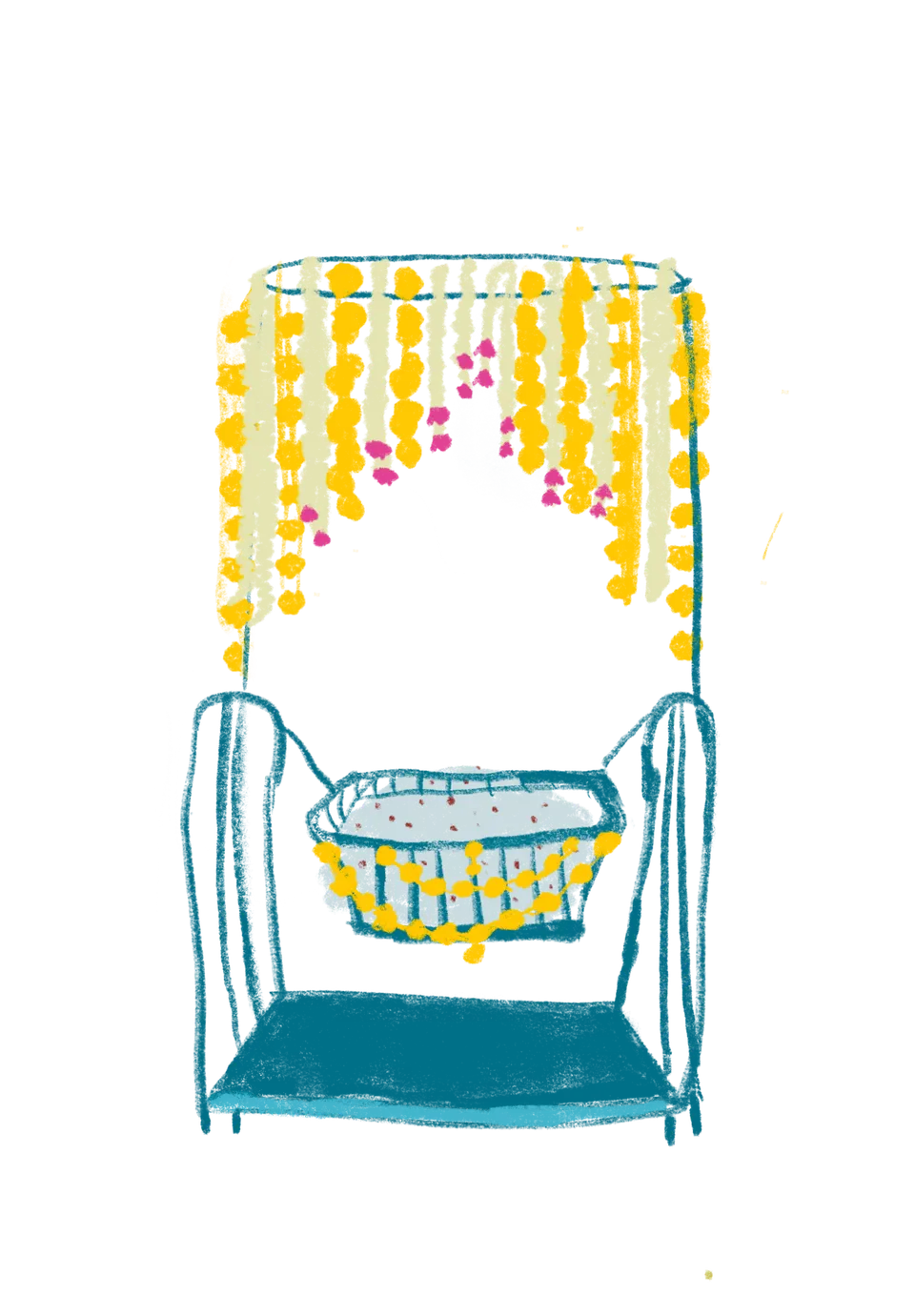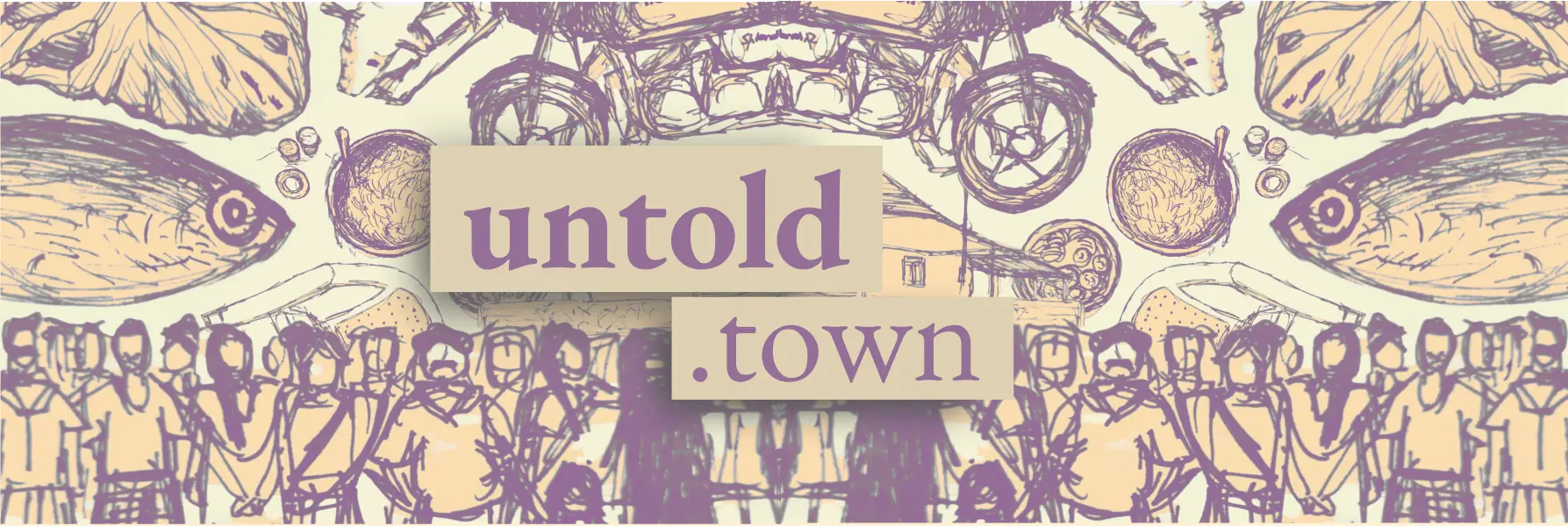Reproductive Health Culture

Reproductive Health Cultures (RHC) is a collection within the People’s Archive of Bidar. An ongoing work since 2017, it is a collaborative effort by Living Labs Network & Forum, Team Yuvaa, Aruvu Collaboratory, and other individual collaborators from the place. There are over 23 occupation-based communities in the Bidar region. Knowledge about women’s health and wellbeing in oral, visual and material forms has been transferred from generations within these communities. Local access to their content will directly benefit the women by highlighting their practices of wellbeing and care from the past to reinterpret in the present in collaboration with community health workers. This knowledge offers a cultural ground for ongoing practices of women’s health and wellbeing.

We are co-constructing a multimedia collection of Reproductive Health cultures from across the communities of Komtti, Jinger, Muslims, Banjara, Kumbara, Kurba, and Swami, with an ambition of covering all communities over time.
- Komtti – Community traditionally engaged in trade and business
- Jinger – Blacksmith community working with metal
- Muslim – Khadria Muslims
- Lambani – Banjara tribe, formerly salt traders, now engaged in farming and government jobs
- Kumbara – Pottery-making community
- Kurba – Weaver community known for making goat hair blankets
- Swami – Community that worships Lord Basava, and they are also temple priests.
The items in this collection are in the form of artefacts, audio interviews and oral histories, songs and stories, documents, and photo narratives. The initiative is aimed at archiving, sharing, and engaging with reproductive health knowledge rooted in local customs, practices, and lived experiences.
Building the Repository and Archive
We are collecting oral histories, care practices, local remedies, and everyday narratives around menstruation, childbirth, and fertility. Community members co-create and curate these materials.
The work is driven by co-creating with the community members involved in gathering, sharing, and annotating their lived experiences. The focus of documentation covers a wide spectrum of reproductive health-related traditions and practices have been documented, including:
- Ceremonies around puberty and menstruation
- Birthing practices and postpartum rituals
- Songs and oral narratives about womanhood, healing, and care
- Locally used herbs and remedies for sexual and reproductive health issues.
- Elders' stories and family customs, which form the backbone of informal reproductive health knowledge
- Experiences of navigating formal and informal healthcare systems, particularly through ASHA workers.
